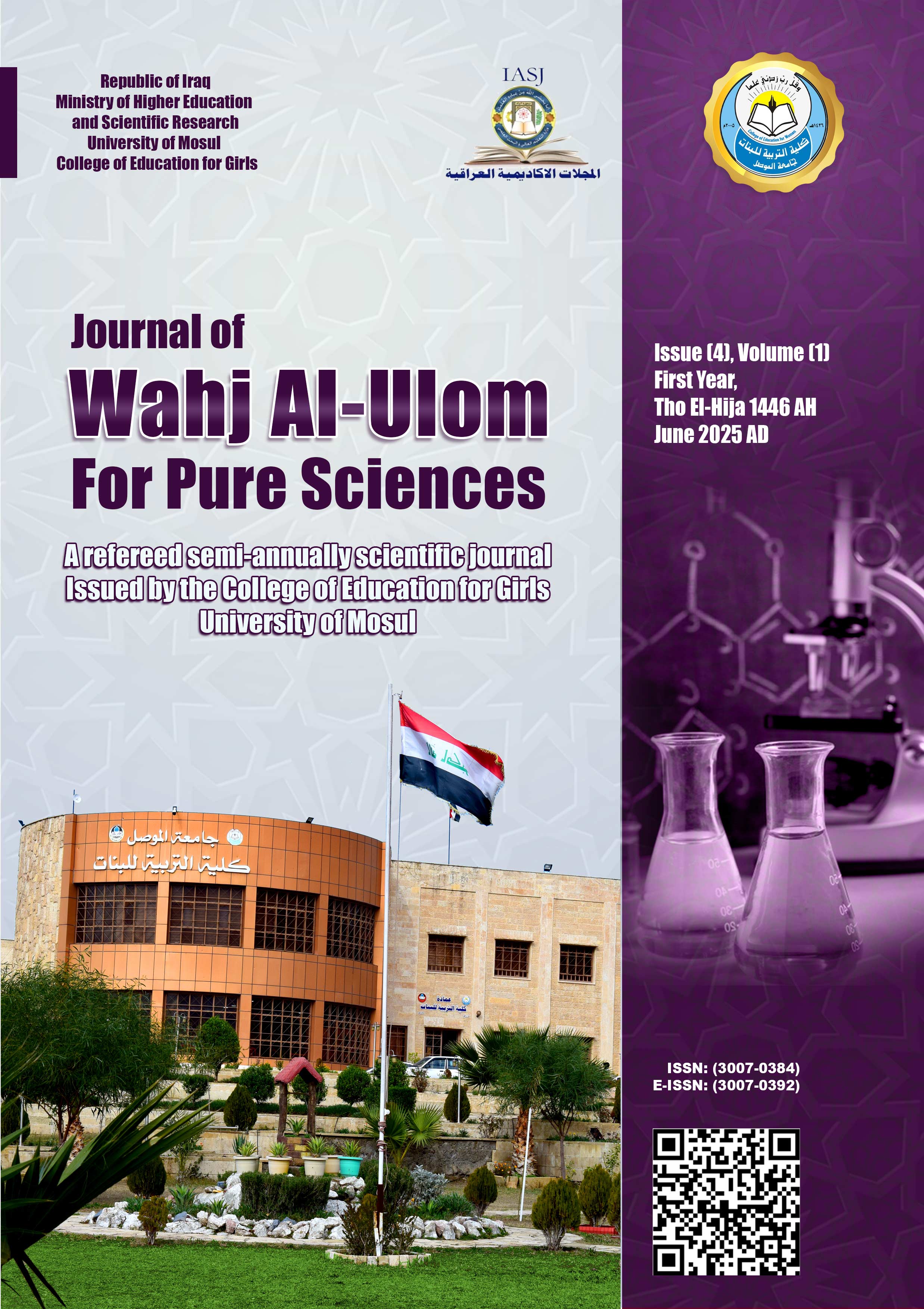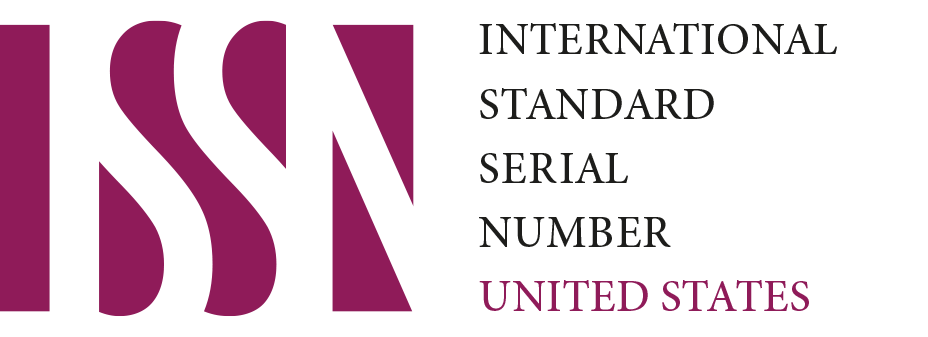Conflicts of Interest
A conflict of interest arises when an author (or the author’s institution), reviewer, or editor has financial or personal relationships that could inappropriately influence (or be perceived to influence) their professional judgment or actions. Such relationships are sometimes referred to as dual commitments or competing interests.
1. Editors and Editorial Board
Editors and editorial board members must not use unpublished information disclosed in submitted manuscripts for their own research purposes without the authors’ explicit written consent. All privileged information or ideas obtained during the editorial process must be kept strictly confidential and not used for personal advantage.
Editors must recuse themselves from handling manuscripts where a conflict of interest exists due to competitive, collaborative, or other personal or professional relationships with any of the authors, institutions, or funding bodies associated with the manuscript. In such cases, the manuscript will be reassigned to another qualified editorial board member.
2. Authors
Authors are required to disclose any potential conflicts of interest at the earliest possible stage—preferably at the time of submission—by completing a conflict of interest disclosure form and including a statement in the manuscript.
Examples of conflicts of interest include:
-
Financial: honoraria, educational grants, research funding, membership, employment, consultancies, stock ownership, equity interests, paid expert testimony, or patent licensing arrangements.
-
Non-financial: personal or professional relationships, affiliations, beliefs, or prior knowledge related to the subject matter.
All sources of financial support for the work must be disclosed, including the grant number or other reference number where applicable.
3. Reviewers
Any invited reviewer who has a conflict of interest arising from competitive, collaborative, or other relationships with any of the authors, institutions, or organizations associated with the manuscript must promptly notify the editorial office and decline the review invitation so that alternative reviewers can be assigned.
Unpublished material from submitted manuscripts must not be used in a reviewer’s own research without explicit written permission from the authors. All privileged information or ideas obtained through peer review must be kept confidential and must not be used for personal benefit. This requirement also applies to invited reviewers who decline the review after accessing the manuscript.


